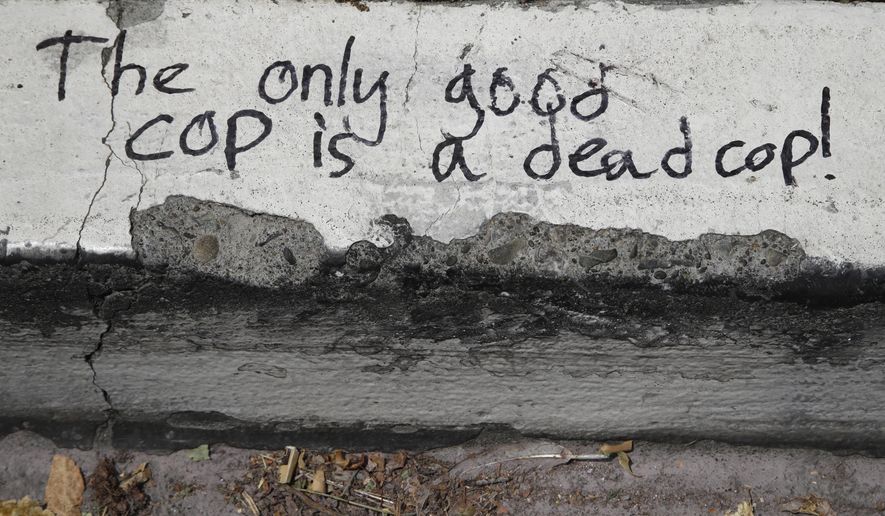OPINION:
Berkeley City Council members, in all their wisely owl wisdom, just voted in a reform bill for police that requires them to stop issuing traffic tickets and that will, over the course of time, cut their departmental budgets by 50%.
And all the criminals and would-be criminals go: Yay!
Berkeley is the place to be for the lawless and lawless-minded, it seems. How lucky for the criminal element that City Council gave a heads-up on the scale-back of police duties. Makes for easier planning, for all those criminals who have to pack bags and relocate for all those new opportunities that have just opened in Berkeley.
“Among the changes expected to take effect in the coming months, police will stop issuing traffic citations and hand those duties to unarmed city workers,” East Bay Times wrote. “Officers also will cease responding to calls involving homeless outreach or people having mental health episodes, though it’s unclear who will.”
Best guess: nobody.
Who wants to deal with the crazy muttering madman wandering the middle of the road, half-dressed and dirty, disrupting traffic and frightening tourists?
Social services?
Emergency medical responders?
That’s an unknown ripe for disaster. Dialing 9-1-1 is normally the go-to for such scenarios. But under Berkeley’s new rules, would 9-1-1 operators even know whom to send to that type of scene?
Maybe ghostbusters can come.
Supporters of the police scale-backs are hailing the City Council’s vote as a much-needed measure to deal with law enforcement brutality and uneven application of law that targets minorities.
But the reform is really a ding to law and order.
The most successful policing relies on the officers’ ability to interact with the public — to patrol with purpose, to get to know members of the community, to build the goodwill bridges that make the enforcement of law all the more smooth, all the more safe, all the more cooperative and collaborative. Take out the personal touch and what’s left is uniform and badge and gun — versus citizen.
“[F]or far too long,” said Mayor Jess Arreguin, in defense of the reforms, “public safety has been equated with more police.”
Yes. That’s because that’s the job of police. And for the most part, by a vast majority, police do that job well. They’re a force for community good. No matter what Black Lives Matter messages, police, by and large, are law-abiding Americans’ best friend.
Tying police hands by cutting police budgets and removing police from the streets — so as to limit their interactions with the citizenry — doesn’t make the community safer. Doling out police roles to other departments, putting city transportation workers in charge of ticketing, leaving a question mark over the proper entity to respond to mental health emergencies or episodes in the public sphere — don’t make the community more secure.
They do the opposite.
They ripple through the criminal mindset as a boon for business.
They usher in an atmosphere that makes it unbearable for police to properly work; just watch the departures and retirements and resignations flow.
Berkeley may become one of the most dangerous communities in which to live in the coming years. And criminals have City Council to thank for the red carpet roll-out.
• Cheryl Chumley can be reached at cchumley@washingtontimes.com or on Twitter, @ckchumley. Listen to her podcast “Bold and Blunt” by clicking HERE. And never miss her column; subscribe to her newsletter by clicking HERE.




Please read our comment policy before commenting.